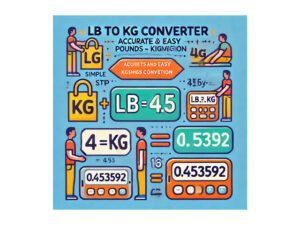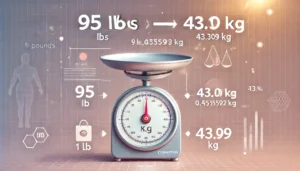Introduction
Have you ever come across the phrase “30 of 6000” and wondered what it really means? You’re not alone! This phrase can carry different meanings depending on the context. It could be a statistical figure, a reference to historical events, a sports record, or even a creative metaphor.
In this blog post, we’ll explore the various meanings behind “30 of 6000”, why it matters, and how it can be applied in different areas of life. Stick around, and by the end, you’ll have a clear understanding of this seemingly mysterious number combination!
What Does “30 of 6000” Mean?
The phrase “30 of 6000” is open to interpretation, but it generally represents a fraction of a much larger whole. It can symbolize rarity, achievement, or even an unfortunate reality. Below are some common interpretations:
1. A Rarity in Large Numbers
If you take 30 out of 6000, it represents only 0.5% of the whole. This suggests that whatever the 30 represents, it is a rare occurrence compared to the total 6000.
- Example: Imagine a job application process where 6000 people apply for a position, and only 30 get selected. That’s a highly competitive rate!
- Example: If a scientist studies 6000 stars and finds only 30 with unique characteristics, those 30 are rare and valuable.
2. Statistical Significance
In data analysis and research, numbers like 30 of 6000 are often used to represent sample sizes or results from surveys, experiments, and studies.
- Example: A clinical trial might test 6000 patients, but only 30 experience a specific side effect.
- Example: Out of 6000 students, 30 might score a perfect 100% on a test.
3. Historical or Military Context
Sometimes, numbers represent real-life events. In history or war records, 30 of 6000 might signify soldiers surviving a battle, casualties, or other critical statistics.
- Example: In a war scenario, a battalion of 6000 troops may have only 30 who received a special honor or distinction.
4. Achievements in Sports
Numbers play a huge role in sports, where 30 out of 6000 could be referring to a unique record or achievement.
- Example: In a marathon with 6000 runners, only 30 may finish within a specific elite time.
- Example: A basketball player could have made 30 shots out of 6000 attempts in a career milestone.
5. A Metaphor for Life
Sometimes, 30 of 6000 is used as a metaphor to highlight exclusivity, luck, or effort.
- Exclusivity: Out of 6000 artists, only 30 get featured in a gallery.
- Effort: If you fail 5970 times but succeed 30 times, does that mean you’re unsuccessful? No! Those 30 successes could define your legacy.
Why Is “30 of 6000” Important?
Understanding the significance of 30 out of 6000 can help us appreciate rarity, success rates, and statistical insights. Whether in business, sports, history, or personal development, numbers tell a story.
1. Helps in Decision-Making
If you know that only 30 out of 6000 people succeed in a particular field, it prepares you for the challenge and motivates you to work harder.
2. Highlights Exclusivity
Some things in life are rare, and being part of that 30 out of 6000 makes something special. Whether it’s a limited edition product, an exclusive club, or a prestigious award, being in the minority can be meaningful.
3. Encourages Perseverance
If your success rate is low, don’t be discouraged! 30 out of 6000 may seem small, but every number counts. Many famous entrepreneurs and athletes have faced thousands of failures before achieving success.
Conclusion
The phrase “30 of 6000” is more than just a random number—it tells stories of rarity, struggle, success, and statistics. Whether in data, sports, history, or life’s challenges, this figure reminds us of the power of perseverance and exclusivity.
Next time you come across 30 of 6000, take a moment to think: Is this number highlighting a rare event, an incredible achievement, or an important statistic? Whatever the case, it’s always worth digging deeper!
Frequently Asked Questions (FAQs)
1. What does 30 of 6000 mean in percentage?
It means 0.5% of the total. This suggests that whatever is represented by 30 is relatively rare compared to 6000.
2. Is 30 out of 6000 considered a high or low number?
It depends on the context! In some cases, being 30 out of 6000 is a huge achievement (like winning a contest). In others, it could be a warning sign (such as a rare side effect in medicine).
3. Can 30 of 6000 be considered lucky?
Yes! If only 30 people out of 6000 get selected for something special, it can be considered a lucky or prestigious achievement.
4. How can I improve my chances of being in the top 30 of 6000?
It depends on what you’re aiming for! Whether it’s a competition, career, or personal goal, hard work, skill development, and persistence increase your odds of success.
5. Does 30 of 6000 apply to real-world examples?
Absolutely! It can apply to sports, job applications, medical research, education, and even business success rates.





